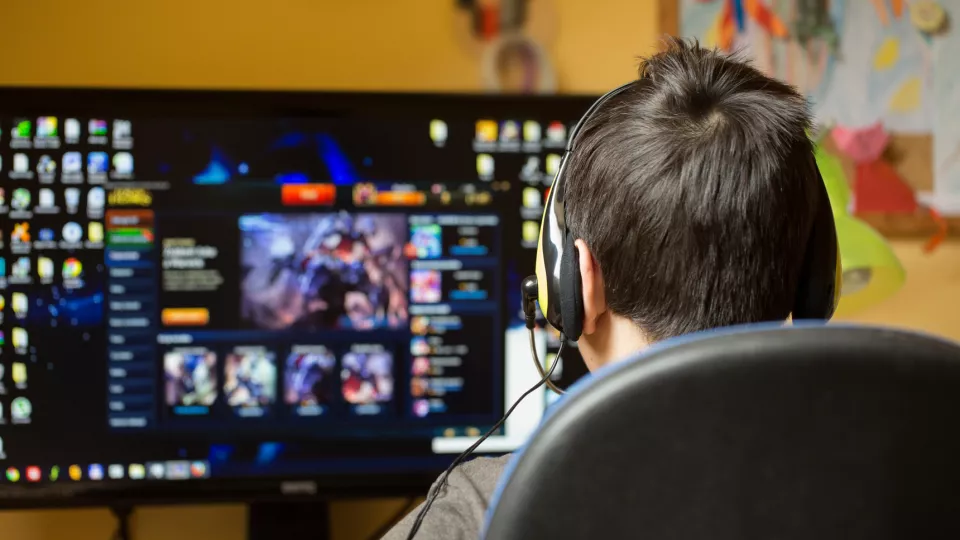“The study shows that some of the individuals who play these games experience loneliness and psychological distress to a greater extent than other people. It also indicates that being male is a risk factor for both problem gaming and gaming addiction, says researcher and senior physician Emma Claesdotter-Knutsson, a specialist in child and adolescent psychiatry.
The study includes all types of screen games (such as computer games, mobile games or console games), and has investigated the existence of three groups: committed gamers, problem gamers and gamers who have become addicted. The researchers also aimed to describe the three groups based on their gender, age, social satisfaction, mental well-being and the number of hours individuals spent chatting on the internet/social media. A total of 2,075 people aged 16 and over participated in the study; women slightly outnumbered men.
Internet Gaming Disorder
“Of the participants in the study, 4.5 percent met the criteria for committed gaming, 5.3 percent turned out to be problem gamers and 1.2 percent were addicted to gaming, i.e., met the criteria for Internet Gaming Disorder (IGD). However, it should be noted that this diagnosis requires more research in order to become generally accepted. Males had a bigger problem with their gaming. We also saw that there was a major connection between the number of hours spent online and problematic and addictive games,” says Frida André, a PhD student and intern who is the first author of the study.
The questionnaire, which participants answered online, consisted of questions such as: How many hours a day do you spend on communication via social media, online chatting, Skype, WhatsApp or similar (less than 1, 1-2, 2-3, 3-4 or more than 4 hours)?
When does gaming become a problem?
The question is, when does gaming become a problem and harmful to the individual?
“There is no specific limit to the number of hours that can constitute harmful gaming, but you can look at gaming addiction as another addiction and rate it in the same way.
It is no surprise to researchers that low age, the number of hours spent on the internet/social media, feelings of loneliness and thoughts about seeking treatment for mental illness are all tied to problem gaming over the internet.
“These are expected results that are in line with previous studies. The fact that being male is a risk factor for both problem gaming and gaming addiction also confirms the findings of previous studies. It seems that women can handle their gaming in a more controlled way. In the future, I would like to study the use or overuse of social media. Previous research shows that the relationship is the other way around. There, women have the higher numbers,” says Emma Claesdotter-Knutsson.
The study Gaming addiction, problematic gaming and engaged gaming – Prevalence and associated characteristics has been published online in the scientific journal ScienceDirect.
The study was funded by: Region Skåne, the Fanny Ekdahl Foundation for Paediatric Research, and Svenska Spel’s Research Council.
